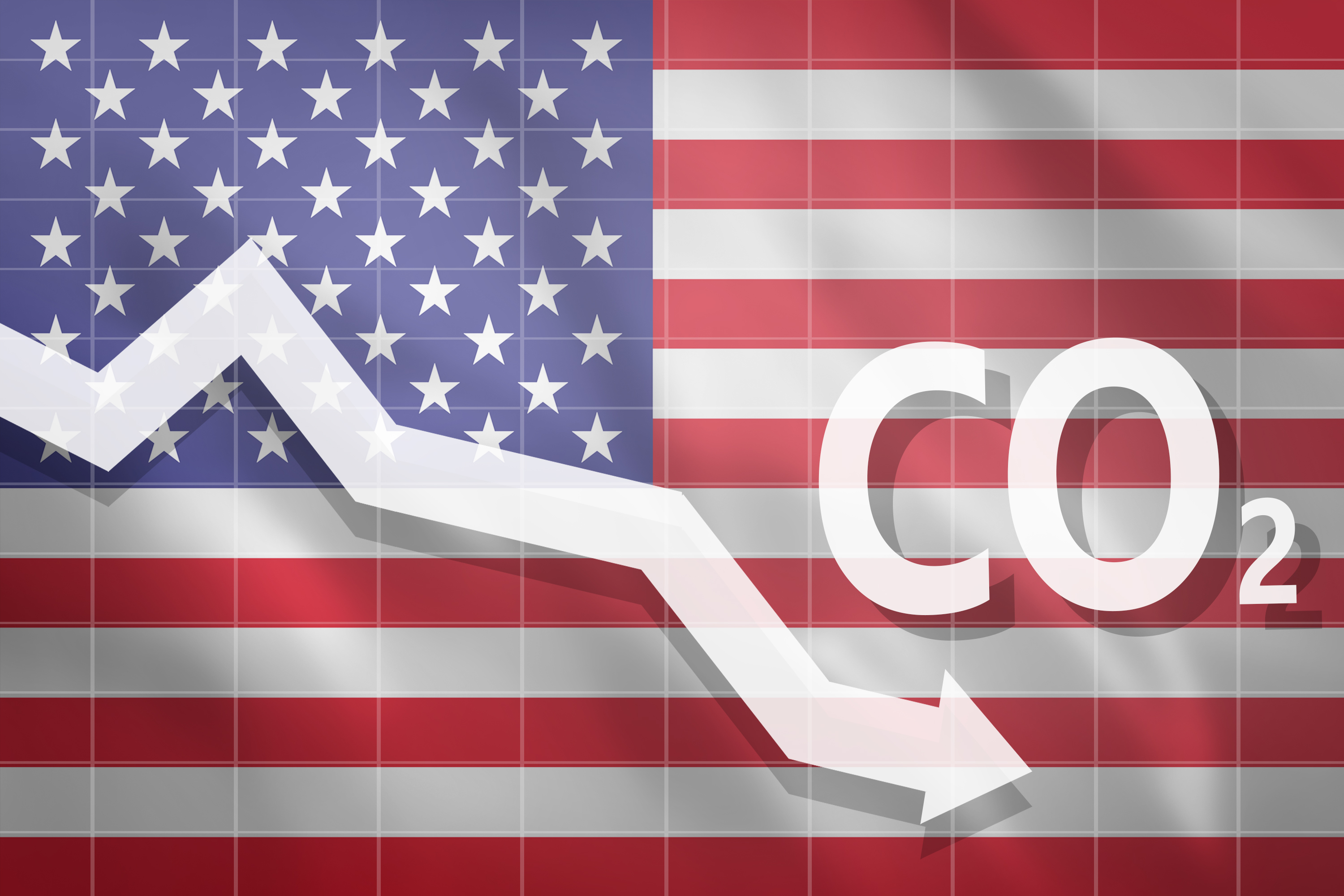The “One Big Beautiful Bill” signed into law July 4, 2025 is a 1000+ page massive bill that has extensive changes to both US Tax and Energy Policies within it. While as always, certain items will shake out and be clarified over time, the main industry relevant takeaways that jump out at first glance are listed below.
ESG & Industry Updates
Topics: Climate Change, renewable energy, Trump Administration, Inflation Reduction Act, OBB
Clean Air Act, CARB Waivers & ACT in question under new EPA
Posted by Kelly Burke on Mar 28, 2025 3:33:12 PM
Nationally, we are seeing a lot of change afoot on issues surrounding emissions and climate change, but at the state and regional levels we are largely seeing a continuation of standing policies. The following is a quick rundown of some of the news you may have been seeing about the attempt to overturn the Clean Air Act itself, or alternatively, to rescind EPA waivers in California - both of which could impact the Massachusetts’ Advanced Clean Trucks Rule, among other environmental policies.
Topics: EPA, Climate Change, clean air act, Trump Administration, Inflation Reduction Act, CARB, ACT
First - a reminder - Tariffs are (as of writing) still set to kick in this weekend on all imports from Mexico and Canada, and thus far they do not exempt oil imports from Canada, which could impact New England over the next several weeks, barring updates. We won't know what, if any, impacts there will be until early next week, most likely. Petitions are pending to exempt oil imports from the tariffs but there has not been any publicly confirmed change on that by the Administration as of Friday afternoon. Additionally, there are looming questions about price impacts on electricity in Northern New England that is Canadian sourced and whether that would be subject to the same 25% tariff.
Topics: EPA, Climate Change, tariff, Trump Administration, Biden Administration, paris accord, offshore wind, ev
Massachusetts passed a long awaited and much debated climate change bill this week and sent it to Governor Healey’s desk Thursday afternoon.
Topics: Massachusetts, Climate Change, renewable energy, environmental justice
The Clean Fuel Production Credit is part of the Inflation Reduction Act passed in 2022. The Act includes substantial provisions for climate initiatives including the aforementioned credit, and multiple provisions regarding EV incentivization.
Topics: Biodiesel Tax Credit, Biodiesel, Climate Change, Carbon Emissions, renewable energy, Inflation Reduction Act, Clean Fuel Production Credit
MA Bill seeks to ban Competitive Electric Suppliers
Posted by Kelly Burke on Jun 26, 2024 1:52:41 PM
“Competitive Electric Suppliers” will be banned in Massachusetts if the House passes the Climate Bill that the State Senate passed June 25th 2024....But what does that even mean?
Topics: Massachusetts, Climate Change, electricity rates
The UN’s Climate Change Conference, or “COP28” Summit was held from November 30 through December 13th in Dubai, UAE. The Conference consisted of 150 heads of State and Government and 85,000 participants representing countries, organizations, etc. This year’s summit focused on where the world is in relation to the goals initially outlined in the Paris Agreement (forget what that is? Refresher here: LINK). Spoiler alert – the world is nowhere near achieving the goals outlined, and the focus became how the countries involved can speed up their action on climate change mitigation through multiple avenues.
Topics: methane, Climate Change, Carbon Emissions, renewable energy, paris accord
Transportation DeCarbonization: Aviation Policy & Regulations
Posted by Kelly Burke on Sep 26, 2023 7:15:00 AM
As we have been discussing, the US National Blueprint for Transportation Decarbonization breaks the Transportation sector into seven categories, each of which has its own targets for emission reduction/elimination, and strategies for how those declines in emissions will be achieved. The next category address in the Blueprint is Aviation.
Topics: Climate Change, Biden Administration, decarbonization
Biden Admin Releases US Blueprint for Transportation Decarbonization
Posted by Kelly Burke on Jan 13, 2023 8:09:33 AM
January 10th, 2023 the Biden Administration released the US National Blueprint for Transportation Decarbonization.
Topics: EPA, Climate Change, Carbon Emissions, DOT, decarbonization
Banned In Boston? City Seeks to Stop New Fossil Fuel Infrastructure
Posted by Kelly Burke on Oct 4, 2022 1:23:09 PM
In August of this year, Massachusetts Governor Charlie Baker signed into law House Bill 5060 “An Act Driving Clean Energy and Offshore Wind” into law
Topics: Mass DOER, Massachusetts, Climate Change, Carbon Emissions, boston
Subscribe to Email Updates
Recent Posts
Posts by Topic
- Carbon Emissions (42)
- Climate Change (33)
- renewable energy (32)
- Oil & Energy Magazine (27)
- EPA (24)
- Massachusetts (22)
- Biden Administration (18)
- decarbonization (15)
- Biodiesel (12)
- natural gas (12)
- EPA Mandate (11)
- RFS (11)
- Solar (11)
- Biofuels (10)
- Keystone XL (10)
- methane (10)
- Clean Energy (9)
- offshore wind (9)
- Energy Independence (8)
- Energy Infrastructure (8)
- Safety (8)
- Biodiesel Tax Credit (7)
- Emissions (7)
- Ethanol (7)
- Trump Administration (7)
- ev (7)
- Cellulosic Ethanol (6)
- EV Charger (6)
- Inflation Reduction Act (6)
- RINs (6)
- environmental justice (6)
- Fracking (5)
- Technology (5)
- US Crude Exports (5)
- Utility Rates (5)
- electric vehicles (5)
- maine (5)
- tesla (5)
- ACT (4)
- Mass DOER (4)
- TransCanada (4)
- battery (4)
- fuel management (4)
- massachusetts biodiesel mandate (4)
- obama (4)
- paris accord (4)
- remote tank monitoring (4)
- CARB (3)
- CRUDE (3)
- Carbon Capture (3)
- Clean Fuel Production Credit (3)
- E85 (3)
- Emergency Fuel (3)
- Massachusetts Clean Cities (3)
- Waste Feedstock Biodiesel (3)
- china (3)
- clean power plan (3)
- electricity rates (3)
- net-zero (3)
- renewable diesel (3)
- solid state battery (3)
- AI (2)
- AVs (2)
- Bioheat (2)
- Commodities (2)
- Congress (2)
- Customer Service (2)
- DOT (2)
- EIA (2)
- Emergency Generator Program (2)
- HFCs (2)
- Hurricane Sandy (2)
- IMO 2020 (2)
- MIT (2)
- Marinas (2)
- New York (2)
- Refinery Closures (2)
- Safe Driving Policy (2)
- TCI (2)
- US Energy Boom (2)
- ZEV (2)
- autonomous vehicles (2)
- clean air act (2)
- clean heat standard (2)
- coal (2)
- driver shortage (2)
- emergency response (2)
- environment (2)
- ferc (2)
- geothermal (2)
- hydro-electric (2)
- hydrogen (2)
- national grid (2)
- net metering (2)
- power plant emissions (2)
- power plants (2)
- railcar regulations (2)
- tariff (2)
- vineyard wind (2)
- API (1)
- Air conditioning (1)
- Baiji Refinery (1)
- Blend Wall (1)
- Brent Crude (1)
- Brent vs WTI (1)
- CFCs (1)
- Cell Phone Policy (1)
- Clean Water Act (1)
- DEF (1)
- Election Results (1)
- Electrical Grid (1)
- Energy Efficiency (1)
- Environmental Impact Study (1)
- Environmentally Friendly Products (1)
- Ethanol Tax Credit (1)
- FEMA (1)
- Fiscal Cliff (1)
- Gas Tax (1)
- Gasoline Supply Crunch (1)
- HDVC (1)
- Hazmat (1)
- Heat Tax (1)
- Highway Trust Fund (1)
- Holyoke (1)
- Hybrid (1)
- ISIS (1)
- Iraq (1)
- Kigali Amendment (1)
- MOC (1)
- Market analysis (1)
- Mayflower (1)
- Montreal Protocol (1)
- NORA (1)
- Natural Gas Pipeline Explosion (1)
- New Jersey (1)
- OBB (1)
- Oil Barrel Tax (1)
- PFC (1)
- Pegasus Pipeline (1)
- Propane Autogas (1)
- Stimulus (1)
- Syria (1)
- Tank Truck Safety Training (1)
- Tax Increases (1)
- Tier 3 Gasoline Standard (1)
- Times Square (1)
- VEEP (1)
- Workplace Risk (1)
- agriculture (1)
- algonquin pipeline (1)
- alternative energy (1)
- altwheels (1)
- astm (1)
- bionic leaf (1)
- bitcoin (1)
- boston (1)
- covid-19 (1)
- energy storage (1)
- eversource (1)
- export ban (1)
- fixed pricing (1)
- fuel (1)
- fuel efficiency (1)
- fuel marketers news (1)
- gas leaks (1)
- heating oil (1)
- hurricane harvey (1)
- inflation (1)
- irving oil (1)
- marketing (1)
- nuclear (1)
- online fuel buying (1)
- ozone (1)
- photovoltaic (1)
- pilot program (1)
- pipeline (1)
- propane (1)
- renewable natural gas (1)
- rggi (1)
- russia (1)
- sanctions (1)
- senate (1)
- shale (1)
- social media (1)
- social media for business (1)
- space (1)
- tablets (1)
- tennessee pipeline (1)
- ukraine, (1)
- value added services (1)

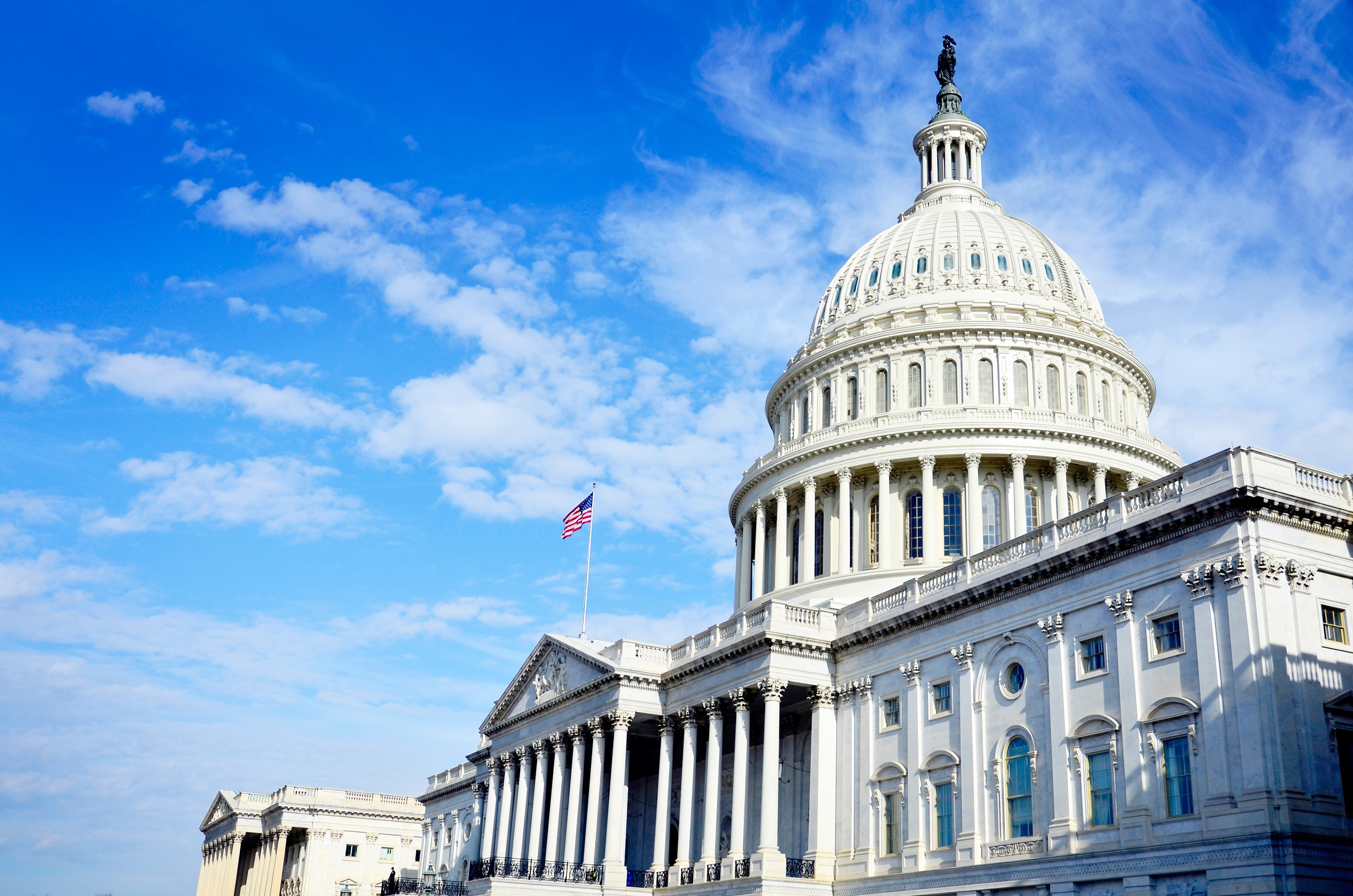
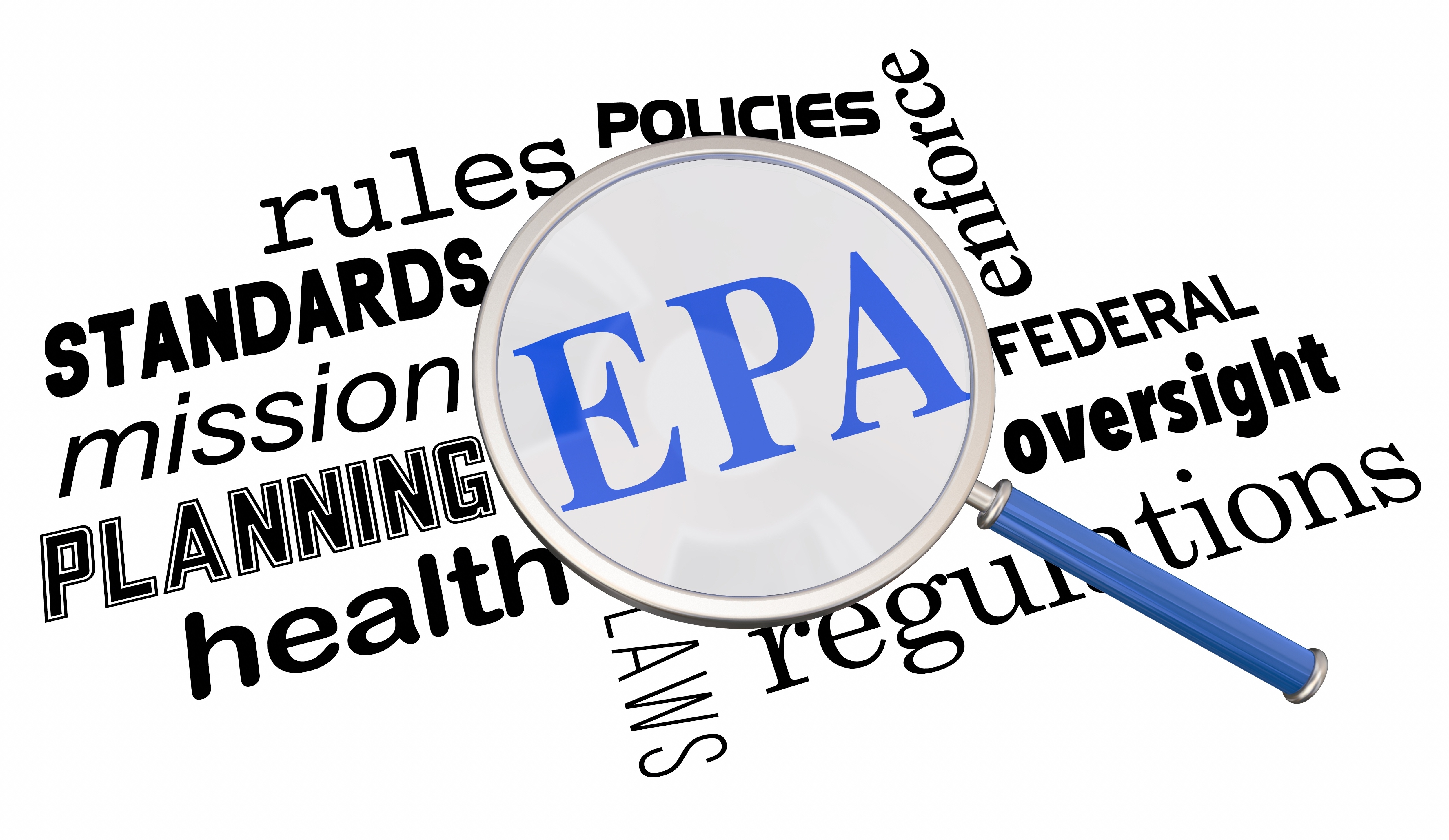

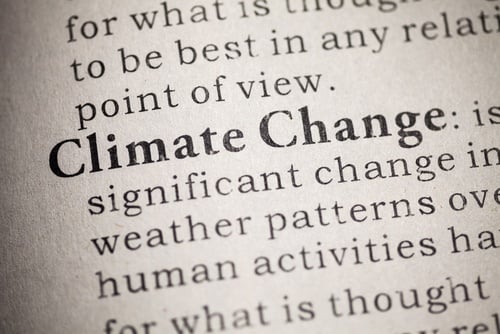

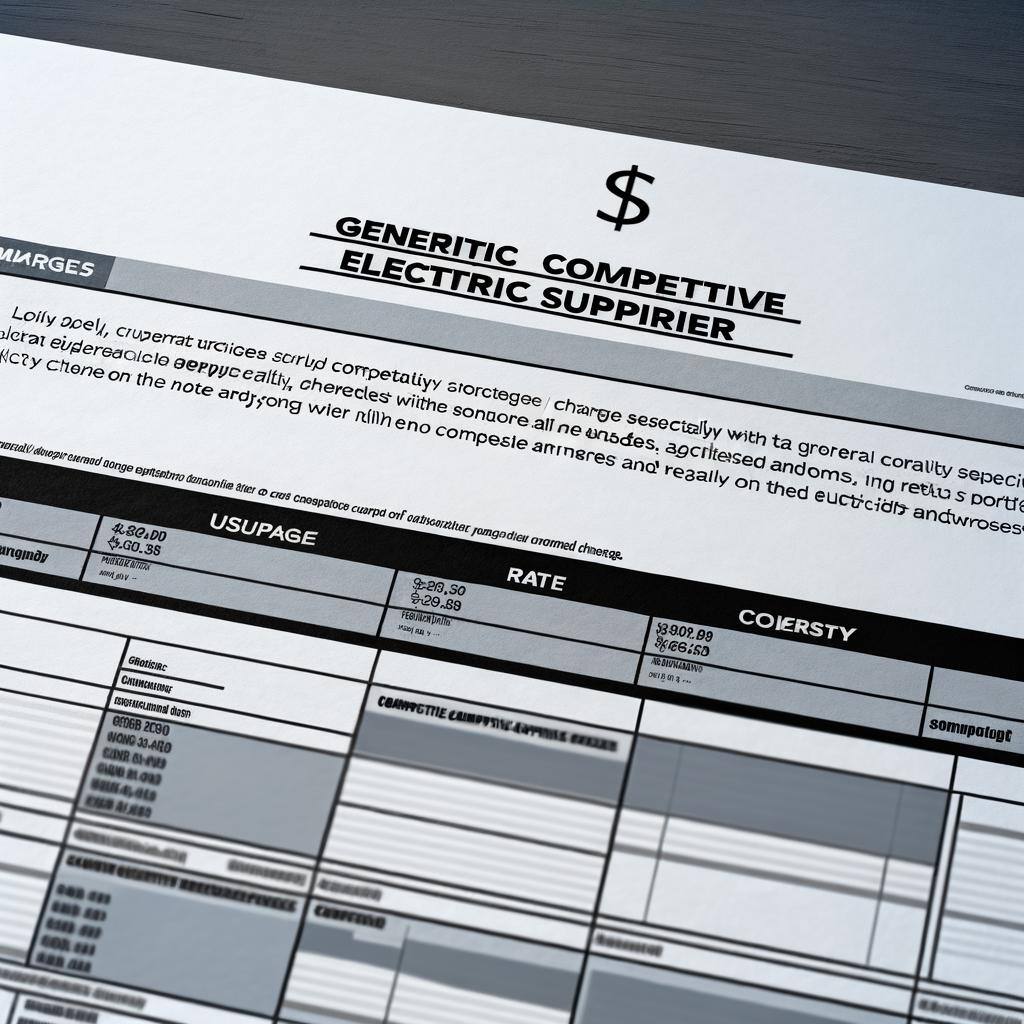
.jpg)

